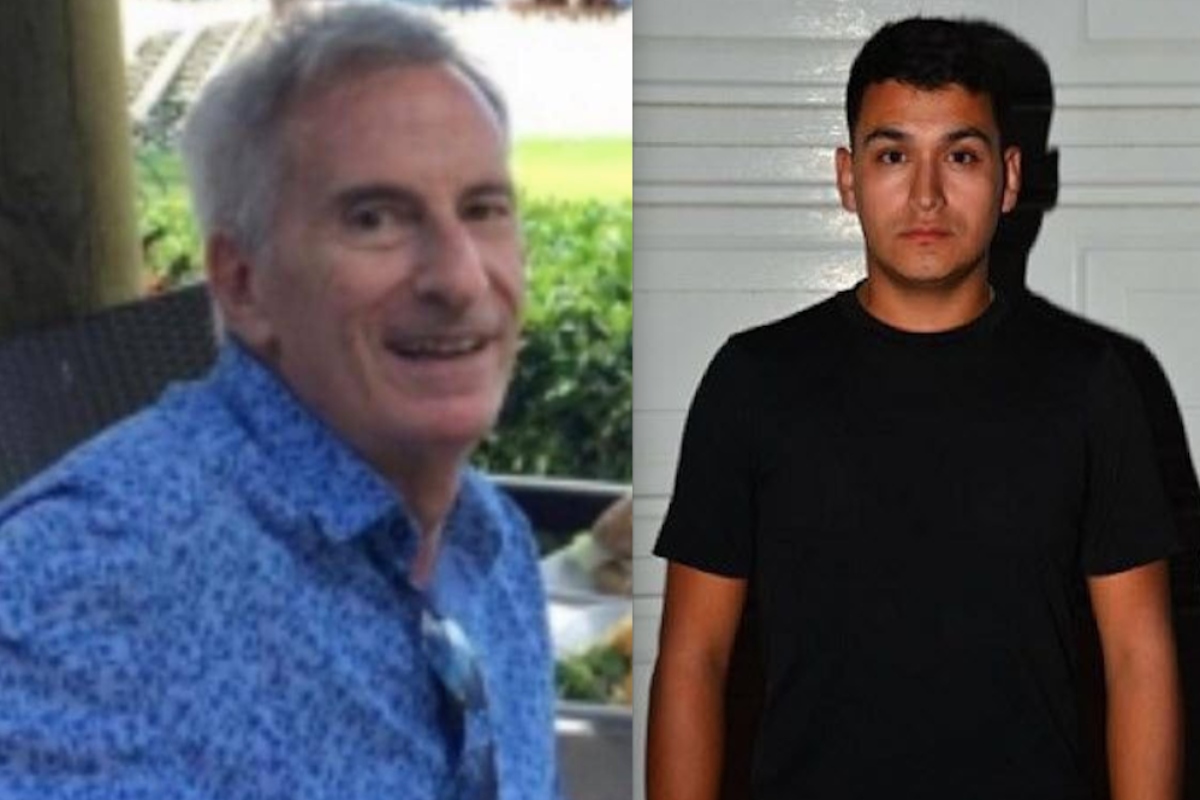Advertisement

Give county officials kudos for learning. After they hit pitfalls in past public-private deals, they’ve avoided the same errors in an airport land lease for a car dealership.
The most recent huge gaffe was a land sale in which Amazon promised 325 jobs at a South Dade center. Amazon hired nobody and hasn’t finished buildout. But the contract had no penalties for default, so the county simply gave Amazon an extra year to comply. We suggested that such deals specify penalties for failure.
A new deal quickly surfaced, as the county last week unveiled plans by Craig Zinn’s BTZ to lease more than 14 acres at Miami Executive Airport and spend $15 million to build a Subaru dealership with 70 jobs at $65,000 to $75,000 a year. That deal does what the Amazon fiasco should have: it firmly penalizes failure to meet a jobs guarantee or open on time.
Further, its penalties are even firmer than a payment we suggested by Amazon of 20% of unpaid wages due in the guarantee. With BTZ, the county would penalize failure to deliver jobs under an economic development pact at $16,250 to $30,000 per vacant job.
Other penalties would come for failure to meet a detailed opening timetable – because the county had no leverage, one commissioner actually pleaded for Amazon to at least hire some people before waiting an extra year to do anything. The deal with BTZ wisely sets milestones and times when each step is due.
Why put penalties into contracts with well-known businesses like Amazon or Zinn? Because what can go wrong in construction and opening will go wrong, it’s not the county’s fault, and taxpayers shouldn’t be the ones to suffer. With penalties set, somehow a business doesn’t allow what can go wrong to ever go wrong.
A second contract gap was filled by a simple clause that if BTZ doesn’t build after 18 months of study, it must share its site studies with the county, including vital environmental impact assessments that could alter future decisions on using that land.
That clause may well spring from two developers’ battle in a rare county commission forum this year to build a Miami International Airport hotel. One team claimed a huge advantage because it owned below-ground surveys that the other didn’t have – nor did the county.
A decade before, a company planning a vast Airport City had cut trenches on the land to pinpoint what lay below. That project died in a political battle, but the county never got the studies and the developer later sold them to a team seeking the airport hotel contract.
In the county hearing, Chief Operations Officer Jimmy Morales pledged the county would never again lose studies of its land. In the case of BTZ’s airport development, at least, it would not.
While plugging those two gaps was admirable, we’re not endorsing a car dealership for an economic development site. Zinn brought an offer to the county, which sought no other deals. There’s no way of knowing what better economic development bids the county might have found had it asked.
One of the last things an economic development program would seek is a car dealer. Car lots are perfectly capable of opening without county aid, and they do. But if we did want a commercial use of airport land, we’d have advertised seeking the most jobs at the highest pay.
We also don’t know how wise it is to tie up airport land for 40 years. Maybe studies show we’d never need it in a million years, but in a growing global metropolis facing environmental change we might face land scarcity sooner than we imagine.
Those caveats aside, a wild concern lurks: the bonneted bat – you know, the bat that has all but put the final nail in the coffin of the Miami Wilds project in South Dade. Mayor Daniella Levine Cava recommended that the county shut down those plans at the December meeting in which the BTZ project is also due a vote.
The county itself envisioned a water park beside Zoo Miami and chose a team, one of whose members also prepared the BTZ economic impact study. But Miami Wilds has for years battled concerns about damage to the habitat of species including the bonneted bat, the Miami tiger beetle and others.
Unfortunately, paperwork shows that BTZ may face similar concerns.
A county Division of Environmental Resources Management memo notes that the property “is within the consultation area for the endangered Florida bonneted bat and is a nesting habitat for the burrowing owl, which is a federally listed threatened species. The property also may contain pine rockland habitat,” which has been another source of contention for Miami Wilds.
“Due to the presence of these listed species,” the memo to the mayor notes, “the project as proposed may need to be re-designed.” In bold type, the memo recommends “at a minimum, coordination regarding the preservation and maintenance of any unique and natural resources in the proposed project area prior to leasing of county-owned land.”
These concerns weren’t mentioned at last week’s committee hearing. They might never be heard in the haste for a deal.
If so, at least the county would own the studies if the environment later derailed a deal. And if it goes forward, the county has built-in safeguards to get the project built and jobs in place. Give credit where it’s due.






More Stories
Classified Ads
Subsidies push stalls for long-awaited American Dream Mall
Miami Dade College enrollment booming